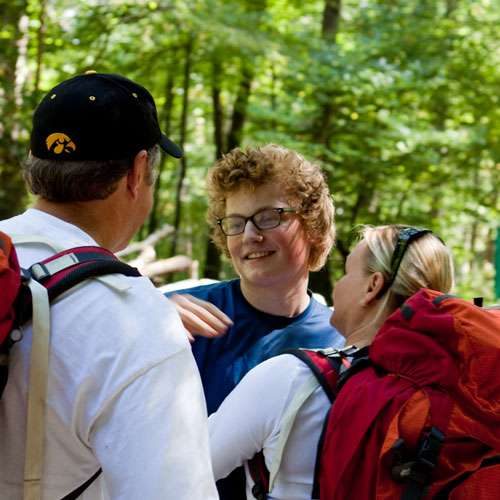The teenage years can bring about new and difficult challenges for individuals. Adding trauma into the mix can make things even more overwhelming. Trauma in teenage years can have lasting impacts on one’s life if not properly addressed. As a parent you may feel helpless or unsure of what to do to help your teen. However, rest assured knowing there are ways you can help your teen overcome their struggles. It is important to note that all teens are different. They react to situations differently and signs of trauma may vary based off of the individual.
After a traumatic event. trauma can reveal itself in many ways including the following:
- strong emotions such as sadness, anger, anxiety and guilt
- overreacting to minor irritations
- repetitively thinking about the traumatic event and talking about it often
- disturbed sleeping patterns
- withdrawing from family and friends
- wanting to spend more time alone
- being very protective of family and friends
- returning to younger ways of behaving including giving up responsibilities or a sudden return to rebellious behavior
- increased need for independence
- self-absorption and caring only about what is immediately important
- loss of interest in school, friends, hobbies, and life in general
- pessimistic outlook on life, being cynical and distrusting of others
- depression and feelings of hopelessness
- difficulties with short-term memory, concentration and problem solving.
What You Can Do
There are specific ways that you can intervene and help your teen get the help they need to manage their struggles with trauma. The help they get today can impact their lives tomorrow. Some suggestions for how you can help at home include the following:
- Encourage the young person to communicate without judging or advising them until they ask for your feedback.
- Show them that you really care for them and are genuinely interested and enjoy being with them.
- Negotiate changes in roles and responsibilities during recovery and be flexible. Don’t try to stick rigidly to the way things were before the event.
- Continue to give love, support and trust, even if things are extremely difficult.
- Remember your teenager is the same person they were before the event, even if they seem different.
- If asked, gently let the young person know that they are having a ‘normal’ reaction to a frightening experience and that in time these very strong reactions will subside.
Talking with the Pro’s
Do not hesitate to seek out professional care for your teen. Your local health care professional is a good place to start. Having your teen properly evaluated is critical. From there, your health care professional can help come up with a plan that is best suited to get your teen the help and care they need.
Trails Carolina can help
Trails Carolina is a wilderness therapy program that helps teens ages 10-17 who are struggling with behavioral and emotional issues. This program uses adventure-based therapy to help students gain a new sense of self-awareness, confidence, and independence. The skills they learn throughout the wilderness program offer long-term benefits towards their ability to successfully self-navigate in the real world. By removing teens from their fast-paced environment into a safe, nurturing, and peaceful environment, they are able to focus on improving and reflecting upon their behavior. Trails Carolina gives students the tools they need to lead happy and healthy lives. We can help your family today!
Contact us at 800-975-7303.
Get started today
Contact us today to learn how Trails Carolina can help your family
Trails saved my daughter’s life. Amanda is an amazing human and a brilliant therapist. I am so grateful to her, Science Steve, and the other wonderful people who could reach my daughter at a time when I could not.
Margot Lowman August 2022
Great life changing experience for our son. After becoming addicted to gaming during covid he was very depressed. At Trails he experienced the wilderness, Science Steve, learning survival skills and top notch therapy and support etc… I highly recommend! This gave our son and our family a renewed family bond full of love and excitement about his bright future.
Winnifred Wilson July 2022
Outstanding clinical work and superb staff! There’s a great culture at this company and it shows with how they engage with families/clients.
Kristin Brace June 2022
Discover If Trails Is The Right Program For Your Child
Take our short online assessment and help us better understand how we can help your family.




